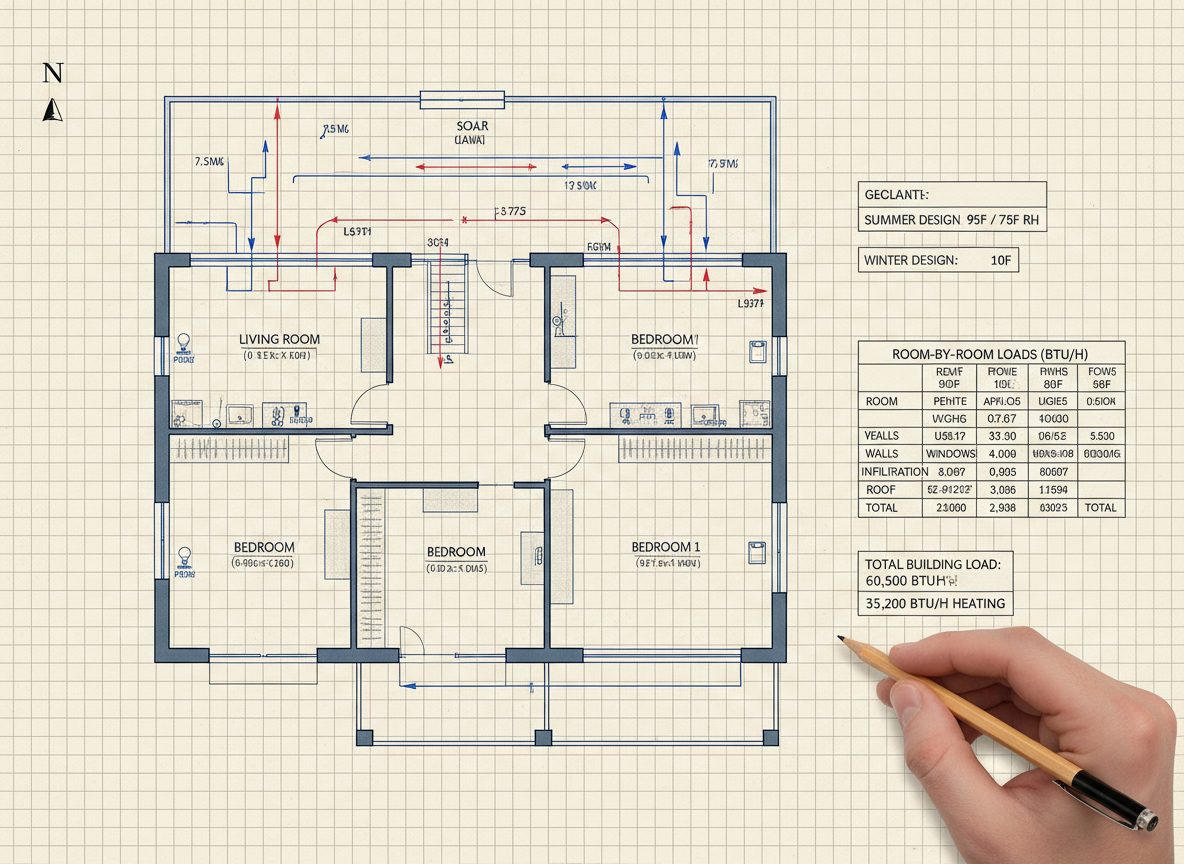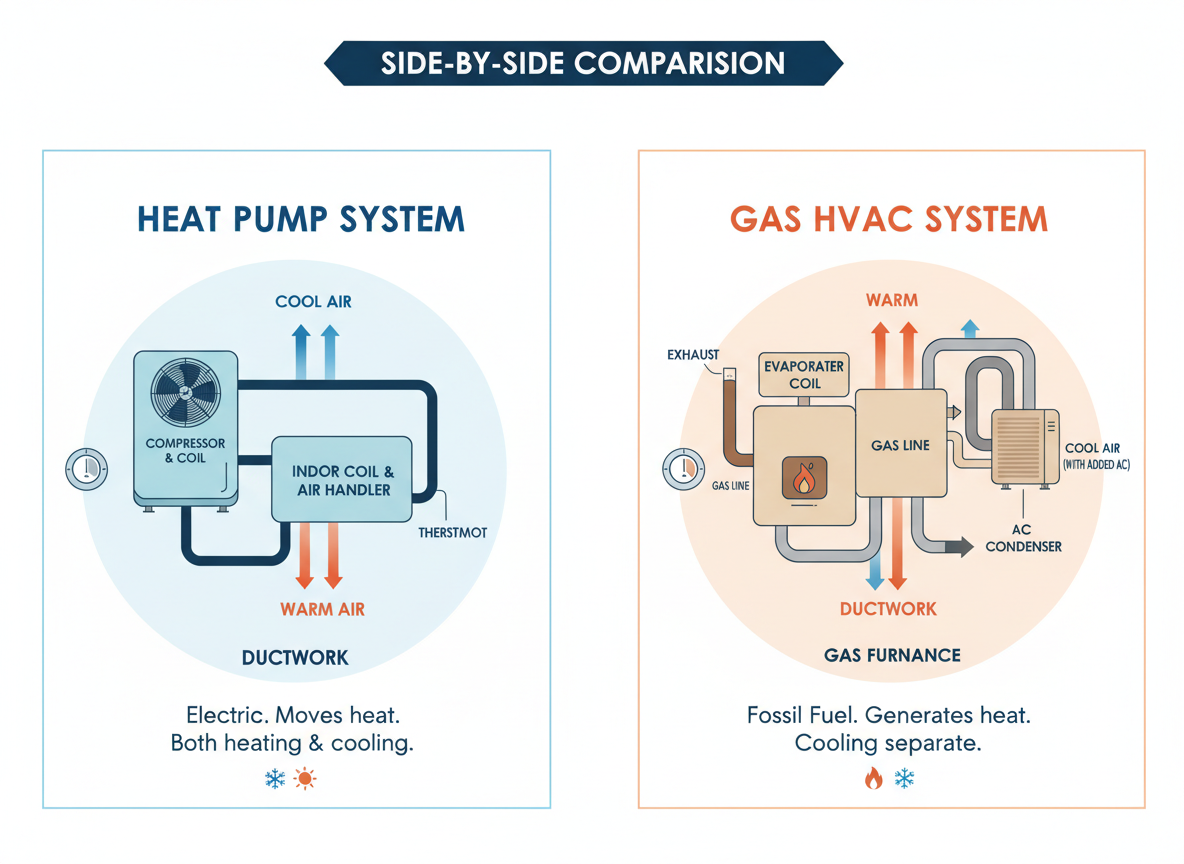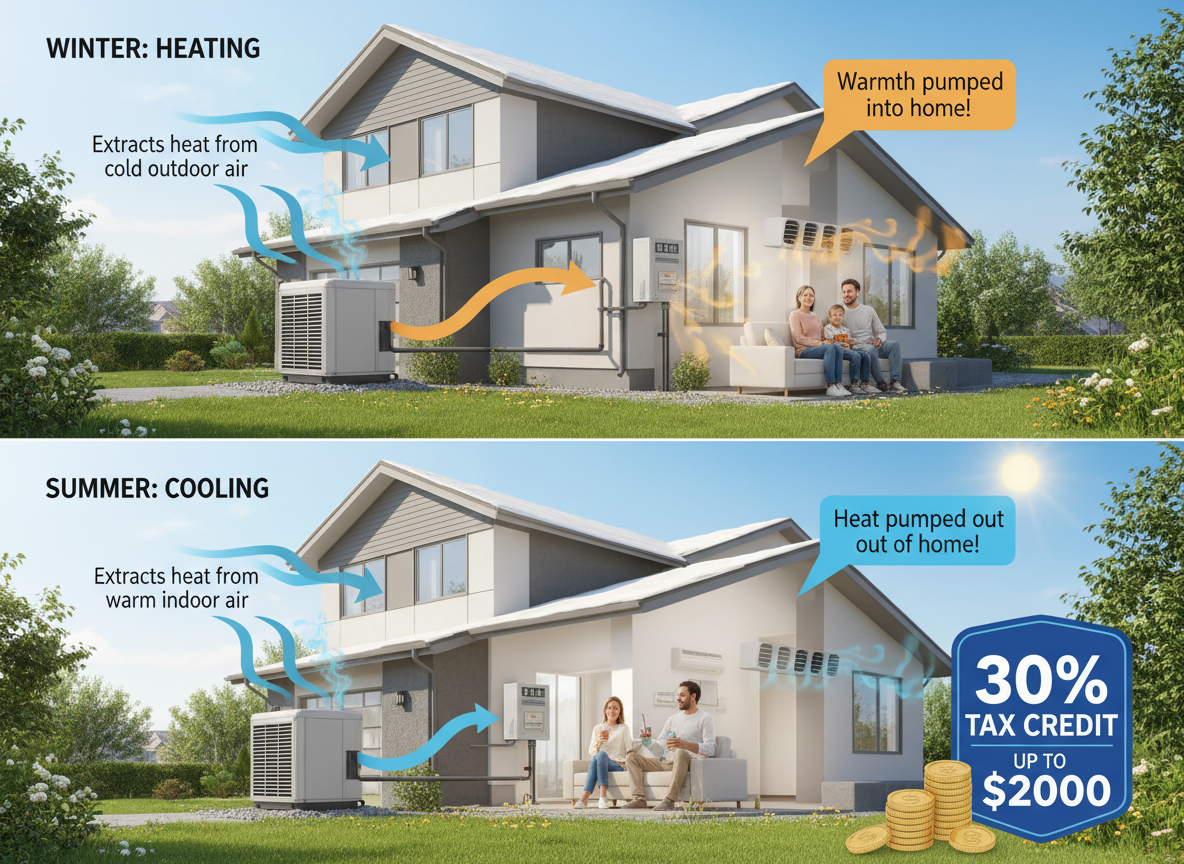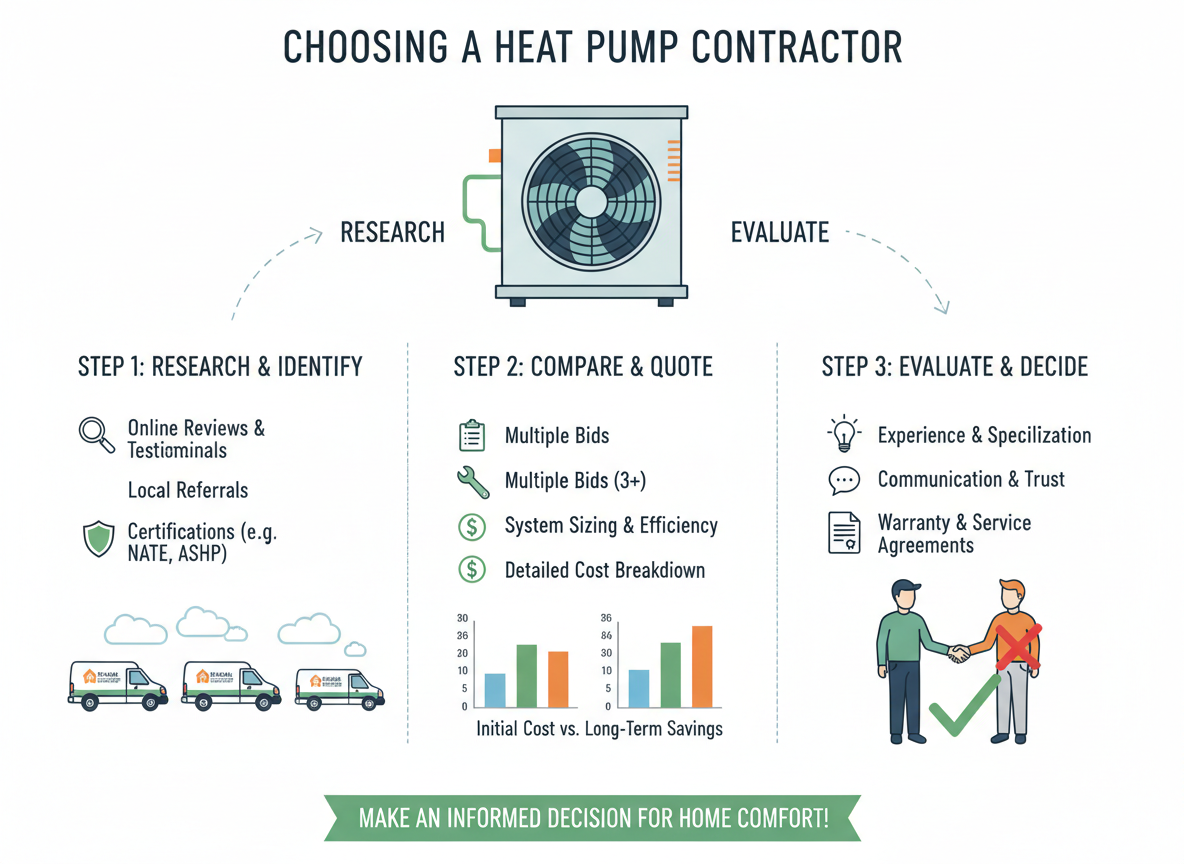
Mini Split Tips For Los Angeles Residents
Air Conditioning is a hard thing to live without in Los Angeles especially on the hottest days of summer. Regardless of the type of air conditioning system you have installed in your home, you want to ensure it is performing properly, efficiently and follow good maintenance practices. One popular air conditioning system today is a ductless mini-split system also known as a mini split or ductless system.
Like all other HVAC systems mini splits also require regular maintenance. To learn more, below we discuss some easy mini split maintenance tips.
What is A Mini Split?
A mini split system is a smaller air conditioning system that works with a need for ductwork. It is designed to cool smaller areas of your home instead of an entire house. Mini split systems have an indoor air handling component and an outdoor condenser unit. Some mini split models can also function as a heat pump system with the capability of providing heat in the winter.
Mini split systems are one of the most efficient and cost-effective cooling options and you want to make sure you keep yours in great condition. Not taking care of your mini split system could shorten its lifespan and greatly reduce its performance quality. There are some mini split maintenance practices best left for a professional but there are several steps you can take on your own to keep yours running in tip top shape.
Ensure It Has Plenty of Space
For proper performance mini split systems need free flowing air circulation around both the indoor and outdoor components. Even though mini split systems require less space than other air conditioning options, it is recommended you provide 4 feet of clearance besides the walls to ensure unrestricted airflow. Move any large furniture or art that may be surrounding it, as these items can encourage dust accumulation and diminish efficiency of the system. By ensuring the unit has plenty of space you can minimize the risk for issues and ensure your system is working properly and efficiently.
Check the Filter
Mini split filters are an essential component in protecting the rest of your system from dust accumulation and contribute to the air quality of your home. Without proper air filter maintenance dirty filters will lead to decreased efficiency of your mini split system. Check the owner’s manual to see how often the filter should be cleaned. First you will want to shut the power off to the unit and give it an hour to cool down.
Usually, you should be able to remove the filter and either use a vacuum or wipe it clean to remove dirt and dust. This is also a good time to check for any condensation buildup, mold or mildew. If you notice any mold growth contact a professional immediately to address the issue. Filter cleanings are important to keeping your unit operation properly and efficiently. If you fail to regularly clean your filters, you will not only waste energy and money, you can also damage the mini splits interior components. Also keep in mind that at some point, if the filter cannot be sufficiently cleaned or are damaged you may need to replace the filter.
Clean the Outside
Besides regularly cleaning the filter, you will want to ensure the outside of the unit is free from dust and debris as well. Take the time to routinely wipe down the exterior of the unit with a cloth to help eliminate the risk of any dust or debris making its way into the system. This is the best way to prevent any potential damage to any of the internal components.
Any accumulation of dust or debris on the exterior of the unit can easily make its way into the interior operating components which could lead to serious issues. Additionally, make sure that the outdoor condenser is also free from debris or foliage that could clog the vents and lead to malfunction. These are small steps you can easily take that can greatly diminish the risk for malfunction or repairs later.
Professional Mini Split Maintenance
You should always schedule an annual maintenance and inspection of your mini split system. One of our experienced technicians will conduct a comprehensive check of your system to ensure it is working properly and efficiently. Regular maintenance of your system can help you avoid costly repair bills or complete breakdowns.
Our trained technicians will deep clean the coils to help prevent debris buildup, mold and mildew growth. They will also inspect for any water leaks or damage to the drain lines. The drain lines will be flushed and treated to inhibit any mold growth. They will check the refrigerant lines and connections to inspect for any possible leaks. Lastly, our technicians will inspect electrical connections for any wear and recommend any possible repairs or replacements that may be needed.
Give Mini-Split Specialists A Call
Do not lose all the efficiency benefits of a ductless mini split system by not following proper mini split maintenance practices. Taking care of your ductless mini split can extend the life of your unit and create a comfortable living space for you in your home. Give LA Heating and Air a call today at 818-341-3406 or contact us online to schedule maintenance for your mini split system.
Mini Split Maintenance Tips Related Posts:






















.png)














